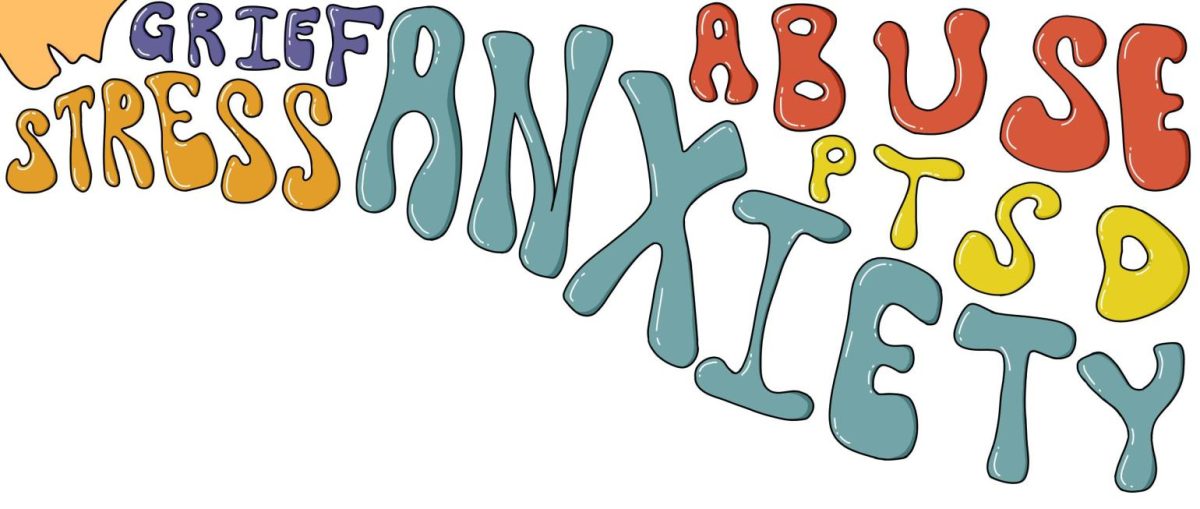While therapy may not be your definition of a fun afternoon, it is incredibly helpful, and it can give you insight into things you would have never thought about. Learning these communication skills now can better you for the future.
According to Denver Therapy, about 17 percent of American teens have looked into therapy treatment. That means there are about 83 percent of teens who have not.
The percentage of non-therapy-goers should be exponentially lower than the current stats.
“I do go to therapy. I’m able to talk about my emotions and anything that is currently going on,” junior Jackie Newman said.
Everyone goes through tough times, especially teenagers. Teenagers experience heightened hormones and physical and mental changes, which can be hard going through by yourself. While you could talk to a loved one in your life, they can be biased depending on what you are talking about.
“It was an unbiased view on my life, and [my therapist] didn’t have anybody to go tell,” sophomore Colfax Hamilton said.
Experiencing emotions can be hard, especially when you are handling it by yourself. Therapy is not only for sadness it can also be used for anger, embarrassment, fear, and guilt. Having a therapist will help you process how to handle these and many more emotions.
While therapy is often thought of as a way for people to talk about their depression, that is not the only use for therapy. If you have mental illness, of course not just depression, you have probably considered it. There is tons of research being done proving how helpful it is.
Therapy is used to effectively treat many mental illnesses, but so many different people who are not dealing with mental illness go to therapy too. Yes, therapy is extremely beneficial for people dealing with mental health issues, but it is not only for that.
Say you just got fired from your job or your best friend no longer wants to be friends with you and you are finding it hard to handle it. Nobody would classify you as mentally ill, but you still feel the need to talk to someone about it.
I know it may be hard to intimately talk about your feelings but trust me, as someone who has been in therapy for over two years now. It has helped me tremendously with being able to connect to myself.
I have learned better communication skills and how to set clear boundaries which is something that we all should improve on.
I truly believe that everyone should try it at least once, because the benefits completely outweigh the negatives. You do not have to stay for the rest of your life. If you feel like it is not benefiting you, you can freely cancel at any time.
According to Patient, an online healthcare directory, one therapy that can be beneficial for everyone is problem therapy. Everyone has problems and would like a way to solve said problems.
It takes so much willpower to seek help if you are struggling mentally. Many people who are struggling choose to suffer in silence, whether that’s because they are embarrassed or feel like nobody will ever be able to help. That is not something anyone should be alone with.
In a Danish health study reported by John Hopkins comparing two groups of people who had previously attempted suicide, patients who received therapy were 27 percent less likely to attempt suicide after a year. After five years, the treated patient group had 26 percent fewer suicides than the untreated group.
Just because at one point you went to therapy, you do not need to stay there forever. It is not a long-term commitment.
Nobody will fault you if you try therapy out and you decide that it is not for you. But whether you continue or not, it’s still important to try.
Seeking help is not weak, and you should never try to struggle alone.
There are people out there for you so don’t be afraid to reach out for help, whether it’s talking to family and friends or seeing a therapist.
“I think it would benefit most [people, and] if not, it should at least be tried,” Newman said.









